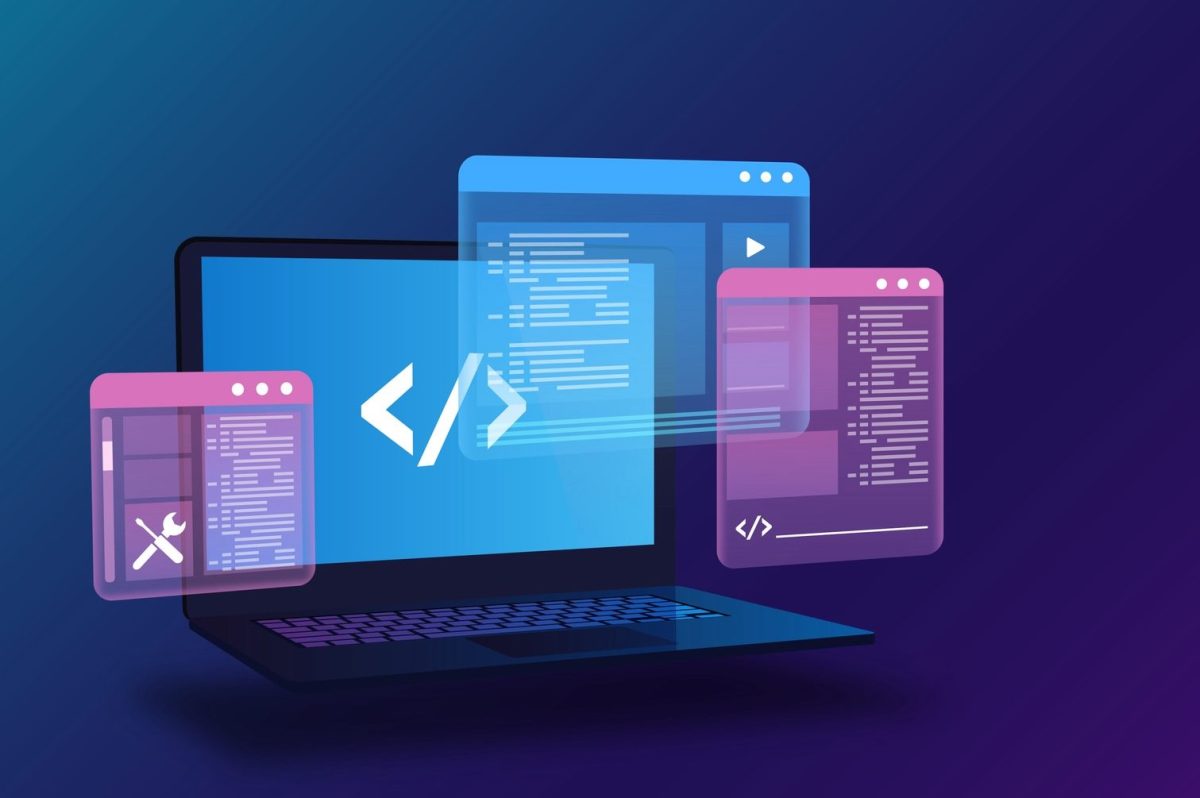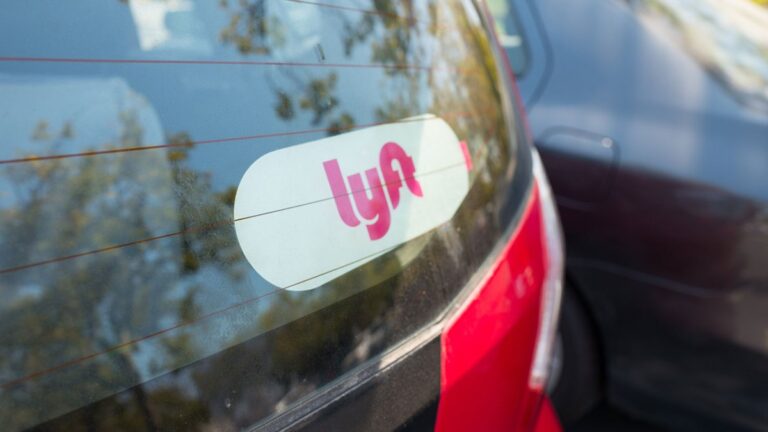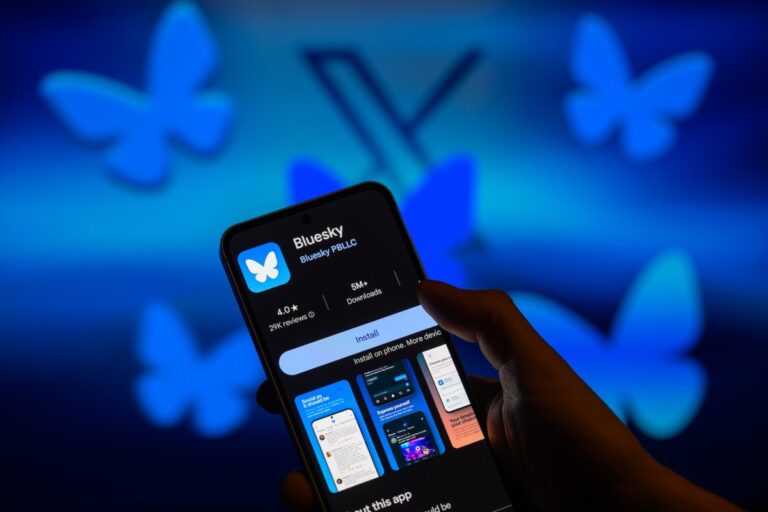Open source companies that go proprietary: A timeline
Open source might be the building blocks of the modern software stack, but companies building businesses off the back of open source software face a perennial struggle between keeping their community happy and ensuring that third parties don’t abuse the permissions afforded by the license.
Many companies have launched with lofty open source ambitions, only to duck for cover once the realities of the commercial world hit home. It’s all about protecting their bottom line, especially with investors (public or private) to appease.
But it can be difficult keeping tabs on all these changes, while also distinguishing those that have abandoned open source altogether and those that have sought sanctuary behind a less permissive (but still open source) license (as the likes of Element and Grafana have done in the past few years).
As such, TechCrunch has compiled a timeline of open source companies that have changed course over the past decade.
Movable Type (2013)
Movable Type created an open source version (called MTOS) of its web publishing software in 2007 under a “copyleft” GPL open source license, a move that positioned it more closely to WordPress. Such licenses afford certain freedoms, but stipulate that all derivative work be released under a similar license. At any rate, this move lasted until 2013, at which point Movable Type’s then owners ditched the open source product, opining that it “hurt the adoption” of the commercial versions.
“The community has not grown because of MTOS, nor have we seen download numbers that are any greater than our paid versions of Movable Type, so at this point it does not make any economic sense to continue to maintain and distribute something that is getting very little use,” the company wrote at the time.
SugarCRM (2014)
Founded initially in 2004, customer relationship management (CRM) software maker SugarCRM announced in 2014 that it would no longer provide an open source “community edition,” noting that its two core markets — developers and first-time CRM users seeking a cheap solution — were not effectively being served by the product.
The company did continue to support the last version (v6.5) of the open source incarnation for four more years, before pulling the plug in 2018.
Redis (2018)
Redis, creators of the popular in-memory database store, has been transitioning away from its open source roots since 2018, when it moved its “Redis Modules” (e.g. RediSearch) from an open source AGPL license to Apache 2.0 with a “Commons Clause” addendum (i.e. commercial restrictions). The following year, Redis replaced the Commons Clause with its own Redis Source Available License (RSAL) that promised to maintain some freedoms, but with notable restrictions related to competing database services — such as those provided by companies such as AWS.
In many ways, this was a bellwether of what was to come, as other companies would later cite the “Amazon problem” as their reason for switching their license up. Earlier this year, Redis’ transition to the world of proprietary was complete, when it announced that its core software would be shifting from a BSD 3-Clause license to a dual-license setup — RSAL or server side public license (SSPL).
MongoDB (2018)
In 2018, database company MongoDB moved away from an open source AGPL license to SSPL. The reason? Yup: to prevent cloud hyperscalers such as AWS from selling their own version of the service without contributing back.
Confluent (2018)
The “year that was” for open source license switching concluded with Confluent, a company that sells enterprise-grade tools and services around Apache Kafka, switching some of the components of its core platform from Apache 2.0 to a proprietary Confluent Community License.
This license stipulates a notable exclusion, one that forbids any competing service from offering Confluent’s wares “as-a-service.”
Cockroach Labs (2019)
Cockroach Labs, creator of the eponymous distributed SQL database known as CockroachDB, has continued to shake up its licensing ethos.
In 2019, the company’s founders announced that they were moving CockroachDB from the permissive Apache 2.0 license to the Business Source License (BUSL). Again, cloud hyperscalers such as AWS were the driving force behind the change.
“We’re witnessing the rise of highly integrated providers take advantage of their unique position to offer ‘as-a-service’ versions of OSS [open source software] products, and offer a superior user experience as a consequence of their integrations,” the founders wrote at the time.
Back in August, Cockroach Labs announced yet another change: It would consolidate its self-hosted product under a single enterprise license, as a way to encourage larger businesses to pay for the features they really need.
Sentry (2019)
Sentry, the $3 billion company behind the app performance monitoring platform of the same name, was once available under a permissive BSD 3-Clause open source license. But in 2019, the company moved to BUSL, with co-founder and CTO David Cramer saying this was to counter “funded businesses plagiarizing or copying our work to directly compete with Sentry.”
Last year, Sentry launched its very own Functional Source License (FSL), which is similar to BUSL but a little simpler. And as of this year, Sentry is putting its weight behind a new licensing paradigm dubbed “fair source,” which, as TechCrunch reported at the time, is “designed to bridge the open and proprietary worlds, replete with new definition, terminology, and governance model.”
Elastic (2021)
It was several years in the making, but Elastic — creator of enterprise search engine Elasticsearch and the Kibana visualization dashboard — went proprietary in 2021. It was a familiar story, one that can be traced back to 2015 when AWS launched its own managed Elasticsearch service.
However, Elastic stands somewhat alone as one of the only companies to move away from open source, and then move back. Back in August, Elastic announced it would be adopting an AGPL license — different to the Apache 2.0 license it used prior to 2021, but open source nonetheless.
HashiCorp (2023)
HashiCorp also abandoned the open source ship last year, announcing that it was switching its popular “infrastructure as code” tool Terraform from a copyleft open source license to BUSL.
The familiar reason was to prevent certain vendors from monetizing Terraform without contributing anything back to the project.
An open source fork called OpenTofu was launched earlier this year by third parties, and as a notable aside, IBM snapped up HashiCorp for $6.4 billion.
Snowplow (2024)
Snowplow, a VC-backed platform that helps companies collect behavioral data for AI applications, this year switched from an open source Apache 2.0 license to the Snowplow Limited Use License Agreement.
The reason, the company said, was that it needs to fund its “exciting technology roadmap,” and thus everyone running its software in production should “pay for the value they receive in return.” The new license also explicitly prevents users from creating a competitive product built on top of Snowplow.







